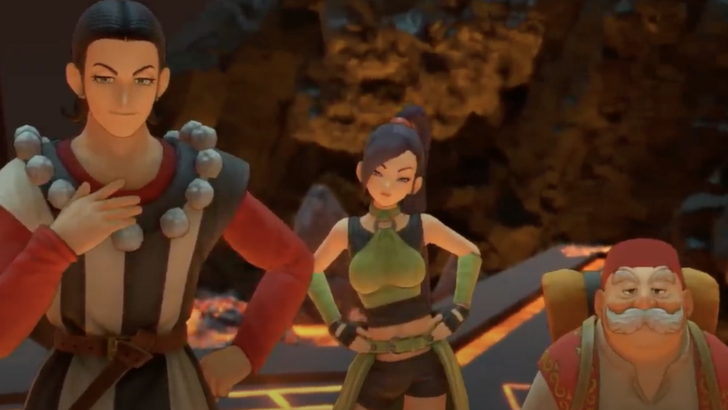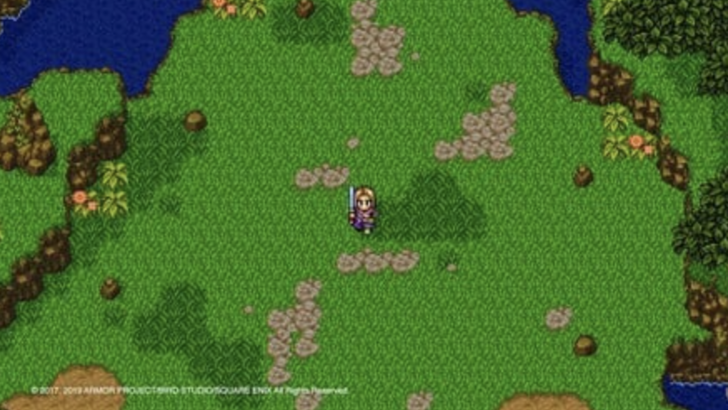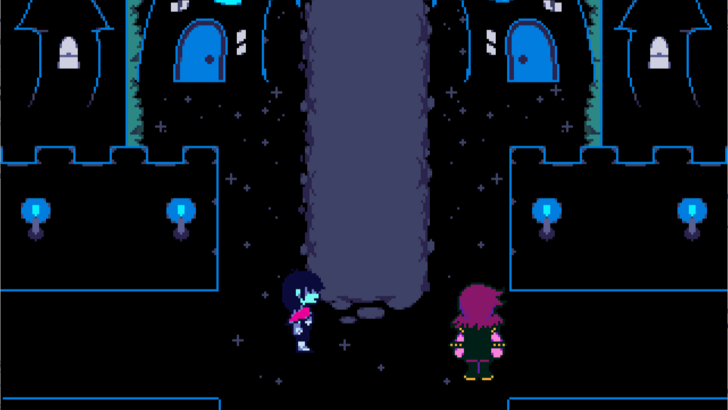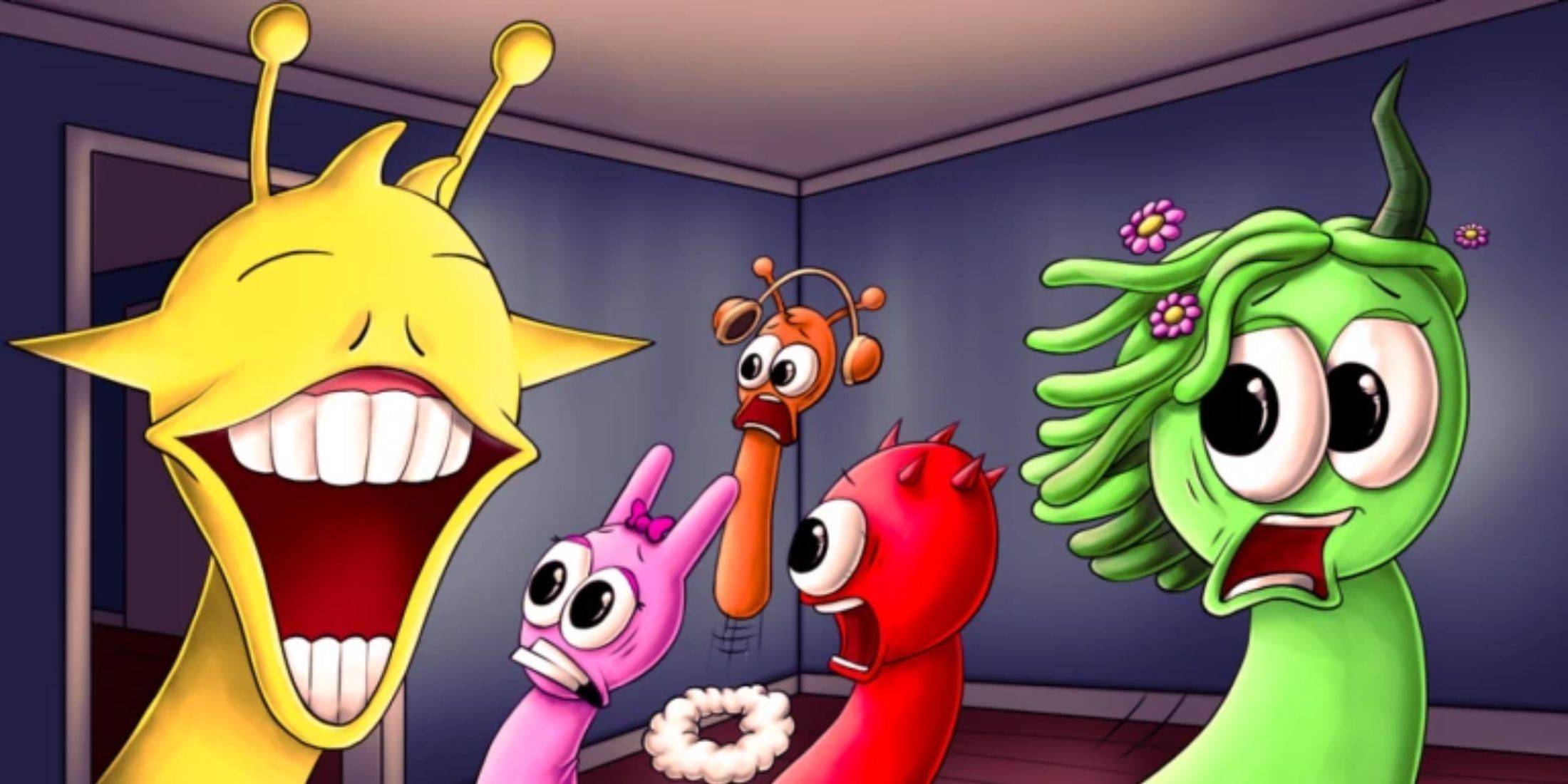
In a fascinating dialogue between RPG veterans Yuji Horii, the mastermind behind Square Enix's "Dragon Quest," and Katsura Hashino, director of Atlus' eagerly anticipated "Metaphor: ReFantazio," the duo explored the relevance and challenges of silent protagonists in today's gaming world. Their conversation, highlighted in an excerpt from the "Metaphor: ReFantazio Atlas Brand 35th Anniversary Edition" booklet, dives deep into the evolving landscape of RPG storytelling, particularly as game graphics advance to new heights of realism.
Silent Protagonists Seem Increasingly Out of Place in Modern Games

Image (c) Den Faminico Gamer
Yuji Horii, the legendary creator of the Dragon Quest series, reflected on the traditional use of silent protagonists—or what he calls "the symbolic protagonist"—in RPGs. This technique allows players to project their own emotions onto the main character, enhancing their immersion in the game's universe. These silent characters primarily interact through dialogue choices rather than voiced lines, serving as a stand-in for the player within the game world.

Horii humorously pointed out the challenges of maintaining silent protagonists as game graphics evolve into more realistic depictions. "As game graphics evolve and grow increasingly realistic, if you make a protagonist who just stands there, they will look like an idiot," he noted. Reflecting on his journey from aspiring manga artist to game creator, Horii shared how his passion for storytelling and fascination with computers led to the birth of Dragon Quest. The series thrives on dialogue-driven narratives, where interactions with townspeople and boss battles propel the story forward. "Dragon Quest basically consists of dialogue with townspeople, with very little in the way of narration. The story is created using the dialogue. That’s what’s fun about it," he explained.

Horii acknowledged the difficulty of maintaining this approach in modern games, where realistic graphics can make a non-reactive protagonist seem out of touch. In the early days of Dragon Quest, the simple graphics of the Nintendo Entertainment System (NES) allowed players to easily fill in the emotional gaps left by the silent protagonist. However, as game visuals and audio become more sophisticated, Horii admitted that the use of silent protagonists presents an ongoing challenge. "That’s why, the type of protagonist featured in Dragon Quest becomes increasingly difficult to depict as games become more realistic. This will be a challenge in the future too," he concluded.
Metaphor ReFantazio Director Thinks Dragon Quest Puts Players' Feelings First

While Dragon Quest remains one of the few major RPG series to stick with a silent protagonist, other series like Persona have moved towards voiced protagonists since Persona 3. In contrast, Hashino's upcoming game, Metaphor: ReFantazio, will feature a fully voice-acted protagonist.
Hashino praised Horii's approach, noting how Dragon Quest prioritizes player emotions. "I think Dragon Quest puts a lot of thought into how the player will feel in a given situation," Hashino remarked, "even when it's to do with a regular townsperson. I feel like the games are consistently created with the player in mind, thinking about what emotions will arise when someone says something." This thoughtful consideration of the player's emotional experience underscores the unique charm of Dragon Quest, even as the industry shifts towards more interactive and voiced protagonists.







![Taffy Tales [v1.07.3a]](https://imgs.xfsxw.com/uploads/32/1719554710667e529623764.jpg)











